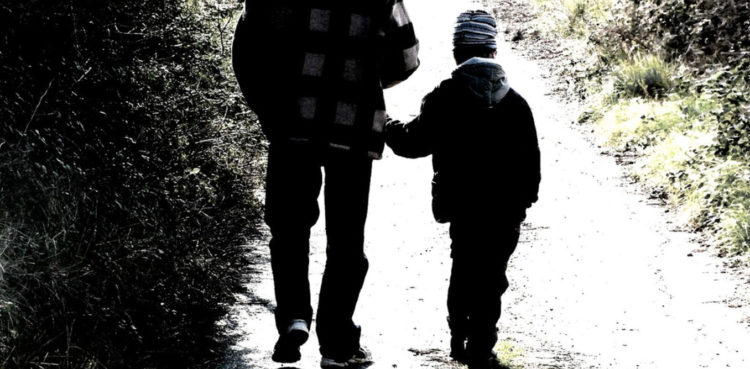By Sammie Jones-
Absent father’s make a big difference in the future development of a child, according to research from psychologists.
Exceptions to the rule exists in cases where children turn out just fine due to good quality upbringing my a strong and complete mother, in many circumstances also in addition to a healthy and very good academic and social school environment.
Many children who grew up without a father admit to have struggled with feelings of abandonment and low self-esteem, due to the lack of a father’s love in their lives. Some have turned to drugs, alcohol, risky sexual activities, unhealthy relationships, or other destructive behaviours to fill in the void of fatherlessness.
Researchers from Psychology Today have established many of the patterns in children who grow up without a father. That’s why more focus needs to be placed on developing a society of responsible men who consider the consequences of their actions and not act without consideration of the effects on their children. Absent fathers indirectly contribute to f
Children from homes with absent fathers often have a diminished self-concept, and compromised physical and emotional security .
Researchers found that many children reported feeling abandoned in the absence of their fathers. Their plight is made more difficult by the fact they cannot always find someone with whom they can really discuss how thy feel . Many of them struggle with their emotions but use different influences to cover it up.
Seeking acceptance from a group of gangs to gain a sense of belonging, is one of the notable psychological effects of not having a father present in a child’s development. Many other children actively seek acceptance and fulfilment from the opposite sex, where they believe they can find mor comfort.
The Eye Of Media.Com has in the last 3 years successfully confronted 16 absent fathers from the lives of their very young children and successfully achieved compromises that have led the fathers to play more of a physical and financial role in their lives of their children. Some compromise has been reached on every situation, with those fathers either contributing financially to the child’s life, being more physically present, or both.
Behavioural problems (fatherless children have more difficulties with social adjustment, and are more likely to report problems with friendships, and manifest behaviour problems; many develop a swaggering, intimidating persona in an attempt to disguise their underlying fears, resentments, anxieties and unhappiness)
Truancy And Poor Academic Achievements
Truancy and poor academic performance (71 percent of high school dropouts are fatherless; fatherless children have more trouble academically, scoring poorly on tests of reading, mathematics, and thinking skills; children from father absent homes are more likely to play truant from school, more likely to be excluded from school, more likely to leave school at age 16, and less likely to attain academic and professional qualifications in adulthood)
Statistics also show that perpetrators of youth crime, including violent crime , often come from homes with no father. 85 percent of youth in prison have an absent father; fatherless children are more likely to offend and go to jail as adults.
Children without a father are also more likely to be promiscuous and experience teen pregnancy ( and contract sexually transmitted infection; girls manifest an object hunger for males.
They often compensate for the emotional loss of being rejected by their natural fathers, by becoming for vulnerable to exploitation by adult men. A higher percentage of girls that grow up without a father are more likely to get pregnant before they leave school than those who have a father in their lives, to whom they feel accountable, and providing some guidance for them.
Physical health problems (fatherless children report significantly more psychosomatic health symptoms and illness such as acute and chronic pain, asthma, headaches, and stomach aches)
Mental health disorders (father absent children are consistently overrepresented on a wide range of mental health problems, particularly anxiety, depression and suicide)

